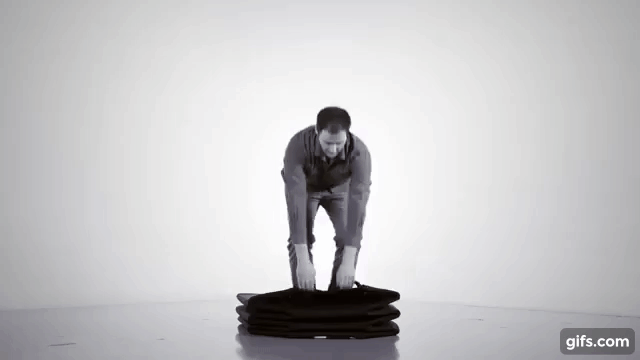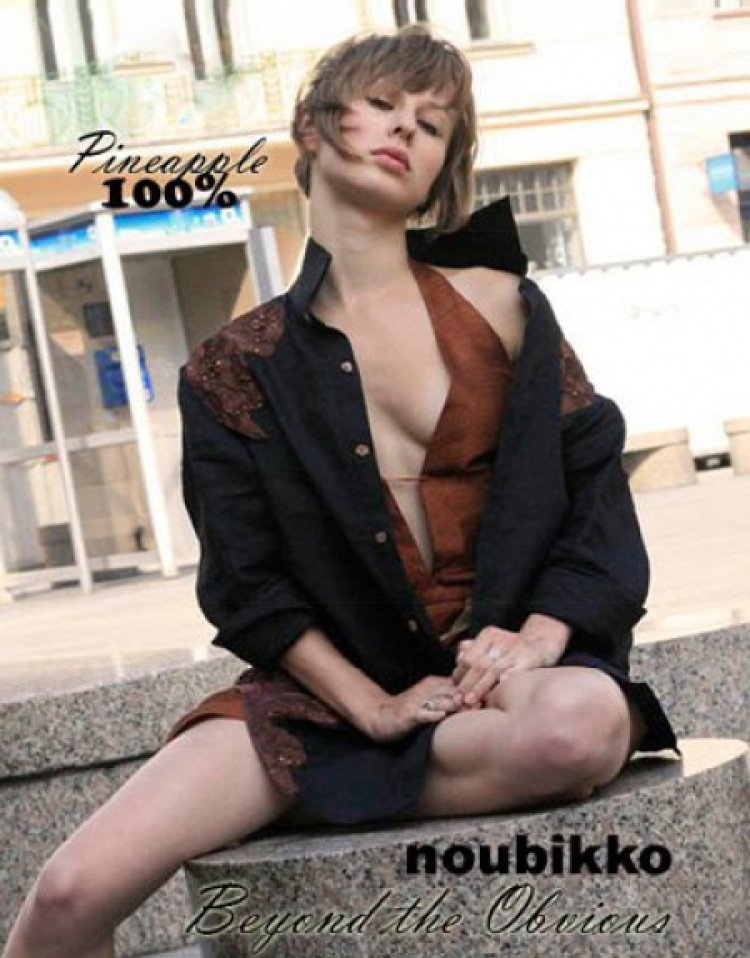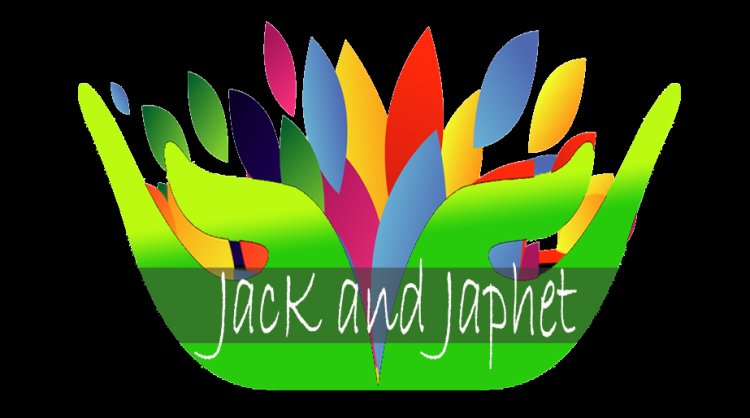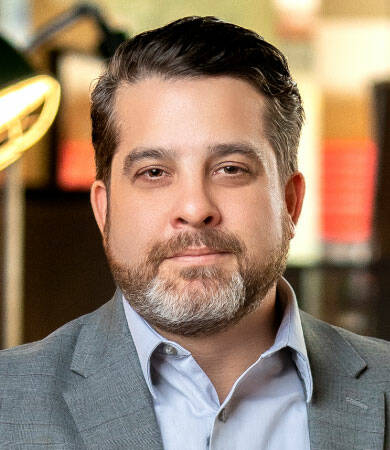Plant the Tree: RaMell Ross, Ethan Herisse, Brandon Wilson, and Aunjanue Ellis-Taylor on “Nickel Boys”
An interview with the director and stars of one of the best films of the year.

Director RaMell Ross, and his spectacular leads in Brandon Wilson, Ethan Herisse, and Aunjanue Ellis-Taylor sat down with us in Telluride months ago to discuss “Nickel Boys,” their adaptation of the Pulitzer Prize-winning novel, opening this month in theaters. They broke down the film’s challenging subject matter, richly steeped in the history of Black people in the American South.
This interview has been condensed for clarity.
Aunjanue, I really want to speak with you about the strength and tenacity of Hattie, Elwood’s Grandmother. We all know Black Grandmas don’t play about their grandchildren or anybody else in their family. Yet Hattie sorely wanted to make sure her grandson understood his lineage. Who did that for you? And how did that help you be able to tap into Hattie?
Aunjanue Ellis-Taylor: It was my Grandmother. She wasn’t a real emotional or vulnerable woman at all. She was very much a stoic person, and she expressed her love for me very much in that way. My grandmother would never say, ‘Girl, I love you.’ You know what I mean? But she manifested it in the things that she did. She was the wife of a man who pastored four different churches. There was this ultimate respectability that was expected and she carried.
I told this story about her recently: I had to say a poem at church on a Sunday night, but there were torrential thunderstorms, tornadoes in the area. She didn’t want to go, because the weather was so bad. So, finally she’s like, ‘Okay, girl, I’m going to take you down here so you can say this poem.’
As we were leaving the house, the car got stuck in the mud, and my grandmother, who might have been late 60s, early 70s, pushed that car out of that mud and took me to church so I could say that poem. Now, I didn’t know or realize what she did at the time. I was just looking at her do it. She didn’t tell me get out of the car and help me. She just did it. That was her way of showing love for me and I see now that it’s like doing the necessary. There’s no reward. It is just necessary for Hattie to keep her grandson safe.

What’s up with that alligator? Is it a symbol for something that is happening within the confines of the narrative of the film or is it specifically to represent a specific character in the film?
RaMell Ross: I love the way you phrased that because you gave room for the alligator to be both a symbol and metaphoric experience, sort of a looming fear. Illusion and a little bit of delusion that’s tied to systematic racism. I came across some information a couple years ago that was just so deeply terrifying to me, which is that Black babies were used as alligator bait in Florida. The way that obscene truth of our history is not participating in everyone’s understanding of the travesties of that time period’s facts, the trauma that is lost to history. That, to me, became an item, object, a symbol or a metaphor that I see as sort of integrated into American culture in really interesting ways that pay cinematic dividends. The alligator is such a terrifying animal–we had to figure out ways to include it to sort of symbolize what these two boys in the film were up against.
I think it’s really interesting that Elwood’s point of view was from the ground up for half of the film until he becomes an adult and it flips. Why did you make that artistic choice?
RR: We wanted to explore what it would be like for Elwood to come into his coming of age through his own vision. So, when you are a kid, you spend a lot of time looking up at the world because you’re smaller. We had to bring the camera down there on his level where the world seemed innocent and childlike and all the things that come with being at that perspective and just not being on the same, almost conformist intellectual levels as adults.
So, when Aunjanue has the scene with the cake, toward the end of it, she talks about how your portion is your pain. For your two characters in the journey of this film, and now being on the other side of it, what does that phrase mean to you now?
Ethan Herisse: Goodness, for me, as Ethan, it’s really heartbreaking, because it feels like something that was put upon me just from, from birth, just being born as a Black person and viewed that way in this world. It’s like, that’s just kind of what automatically comes with the territory in so many different ways. I think that’s what it means to Ethan.
With Elwood, I think it means more toward the end of his journey. I’m thinking about a specific moment when during inspection day they’re serving ice cream and you’re seeing all the boys celebrate when Turner and Elwood share that kind of look. I feel like that would be the moment where it really where it lands with him
Brandon Wilson: The way he saw Turner in that moment was like, okay, you’re not here with me. I think that line, portion of your pain, very much comes from what’s placed upon you. I think my explanation of it, it’s beyond Black, it’s beyond anything specific. It’s like, you’re going into this vessel and now you have to start identifying with the world as this separate thing. And that’s this, and that’s painful because it’s false–all these concepts come in, whether it’s Black or white, all the stuff. So, I interpret that phrase as just recognizing that your portion of your pain is not the whole pie.

Turner often says in the course of this film, you have a family, you have people that care about you. So, we get the impression as an audience he’s kind of on his own.
BW: Yeah, I think like a lot of people, he’s very much accepted this as the reality of this pain, this cage that he’s been placed in. I think he sees it as his only reality. He’s smart and intelligent enough to shape the confines of this cage, but he does think these walls are the only … there’s nothing outside of them until Elwood comes in and starts to terrify him and he’s like, ‘Oh, stop, stop, stop, stop, stop.’ He starts to kind of shatter, and then I think it’s when that little bit of light comes in.
RR: That is good.
We’re living in a time right now where politicians are trying to erase Black history from America. They’re trying to act like we don’t exist. They have adopted selective amnesia. So, when one of the professors in the film says, ‘Imagine a textbook with nothing to cross out.’ Living in the time we’re living in and experiencing right now, how do y’all feel about that line?
RR: I think maybe people who are in the position to continually fight for things we know to be true and factual need to think beyond the circumstances of the moment, which feels like an impossibility. Because with all of this oppression and all the false narrativeness, it’s very easy to continue along and to not think in the long range. Like plant the tree. Plant the tree for your children and for your grandchildren to sit under. It’s so devastating I think and more natural for people to have Turner’s perspective in the world than Elwood’s. I think we naturally fight for our personal survival and for the ability to eat and do the things that can keep us alive, but to fight progress against something that is such a behemoth as what the centralized white ideology has produced is almost unthinkable. It’s a really difficult task. And so, the ask, I think, is to think beyond your context and the world beyond the world at large. Think bigger.
BW: I have thought a little about the question of the textbook. No matter what you’re writing and choosing to write there’s always something you’re choosing NOT to write. There’s always something that you’re leaving out.
RR: I think it goes back to your other question of like your portion of pain. For us to recognize that whoever’s telling these stories, they need to have the awareness that is very much shaping our society and it’s shaping the way that we’re viewed as all people–that we still have that ability to recognize that we are beyond the story. We’re beyond this portion of whatever we’ve been given. So people can keep writing what they want to write, but we can recognize: ‘I’m not limited to these words. I’m not confined within this story. It’s just a piece.’
We’re not confined to what’s being, written or not written. I think it’s just about a pursuit for truth. It’s just that’s another important aspect of the story: forcing audiences to deal with the hard truths with these images. So, imagine a textbook with none of that cross out. Imagine something where you are just provided with the truth, which is something that everyone deserves. It’s insane that’s a line like that has to be said, and that that’s true for everyone. Even now, where certain books are being banned in certain places, erasing really important stories. It’s untruthful and it’s not fair to anyone honestly. It’s a complete disservice to just us as people, as human beings.



















